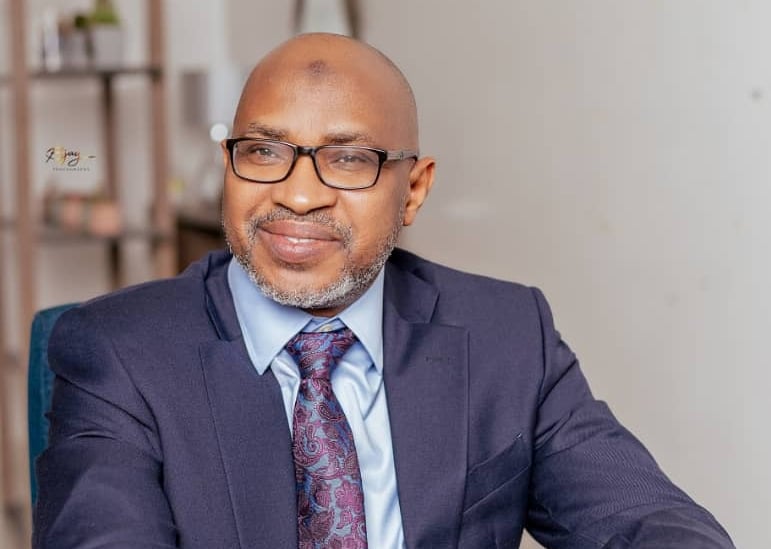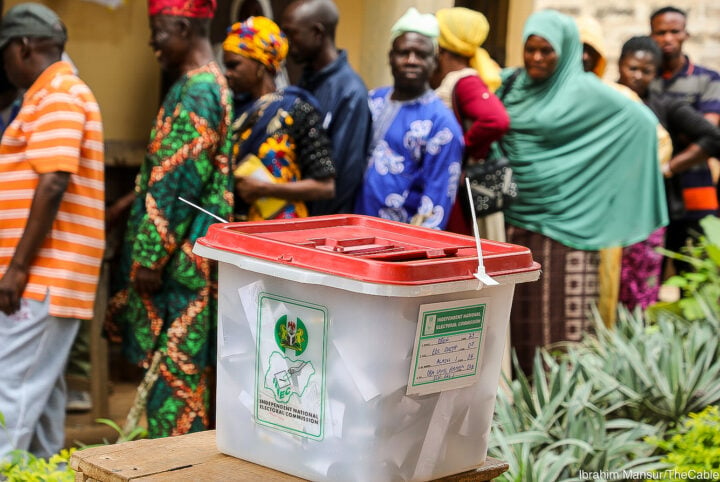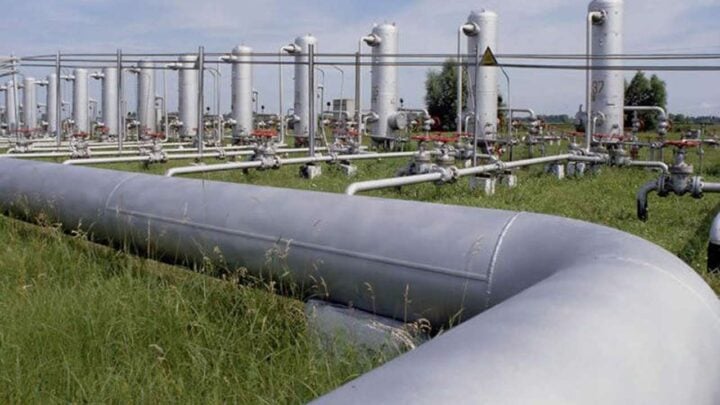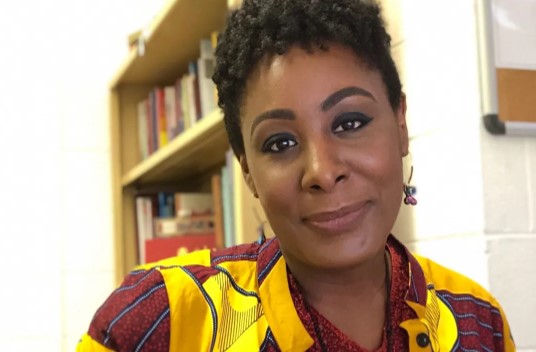A good fundamental of a sustainable democracy is elections. More than anything, it helps with the representation and aggregation of voices towards better and informed policies. In addition, elections also help in consensus building. More than any other industry, media plays a vital role in raising the conversation around accountability for a transparent society.
In any sustainable democracy, there are very clear roles for media. Some of these are to help inform and educate the electorate in making better choices as well as hold accountable every actor; especially the election umpire as well as politicians who mainly may have ulterior motives.
The level of misinformation and fake news is on the rise. It will take thorough professionals to distance themselves as well as push the right button for open, verifiable and balanced information to be displayed. The challenge today is that fake news and misinformation are easier to produce and spread. This is being aided by digital platforms whose owners do not have the required requisites to practice or are just engaged in pure mischievousness
Given the above challenges and knowing the speed at which fake news and misinformation will continue to fly as Nigerians enter its season of political campaigns in preparation for the 2023 election, what can the Nigerian media space do? Here I can only offer a few suggestions.
Advertisement
A need for a will to deliberate fight against disinformation. We must appreciate the establishment of fact-checking organisations and their rise in Nigeria, but it appears Nigeria(ns) is still scratching the surface. Misinformation and disinformation can truly destroy whatever the country may be trying to build. The challenge of disinformation and misinformation is global and not peculiar but where the major actors thrive more on secrecy, it is a dangerous signal to all. The government of the day also cannot keep quiet where it is not necessary.
It will not be a singular effort; lots of collaboration will be needed. Nigeria’s media industry must collaborate with a mission to ensure misinformation and fake news are reduced to the barest minimum. Fighting and winning the war for sustainable democracy will not be an easy one. It will take a village as the politicians have become more ingenious with regard to spreading ethnic and religious chants. Interestingly, many of the Nigerian media houses up until recently had not seen collaboration as a necessity. Each wants to be seen as an industry leader with their shortcomings very obvious to all.
A social contract. This has become a necessity. While it may not be an established law, the media must have a social contract that is binding and can propel adherence to professionalism and accountability. Being accountable and ready to serve unbiased truth will help the present fragile democracy.
Advertisement
Another factor will be a commitment to political ads transparency. The media, most times, because of hard times, tacitly promote and package lies as the truth just to meet their financial need. “Dangerous season requires dangerous approach” has become the slogan of the day. If lies are packaged as truth, the media should know it operates within the system and it will suffer in the long run.
Demand for financial accountability from actors. All sorts of financial accountability issues are often overlooked by the media with regard to how politicians generate and spend money in their political campaigns. Everyone knows there is a cap on what can be raised and what can be spent. But many of the actors, including the media often overlook this. Yes, it is on record that media platforms are not the cause of the fractured and corrupt systems that plague Nigeria’s political system and that economic logic continues to support a need to make even at the expense of what is right. But the challenges and aftermath of these are obvious: a country gradually losing its relevance. This omission apart from the above is also the foundation of divisions and ethnic biases which had become commonplace in Nigeria.
A last thought, for now, there must be meaningful competition. Whatever happens, the media must ensure electorates are exposed to meaningful and healthy alternatives. The game should not be those who play the piper dictate the tunes or that the pendulum of exposure must be given to prominent candidates with heavy pockets. As long as this philosophy is promoted; Nigeria and Nigerians will continue to suffer untold hardship.
While we know there is an unwritten law which is known as ‘the politics and survival strategy of the press’ which many observed in their operations, Nigeria needs its media industry to become more disciplined and principled as this is the only country many have. An injury to one is an injury to all. So it is not a case of can Nigeria media support a sustainable democracy, it is more of will it?
Advertisement
Nigerian media need to know and understand the impact and how the newsroom shapes opinion and the political landscape. Playing or holding such responsivity with a left hand can be catastrophic.
Views expressed by contributors are strictly personal and not of TheCable.







